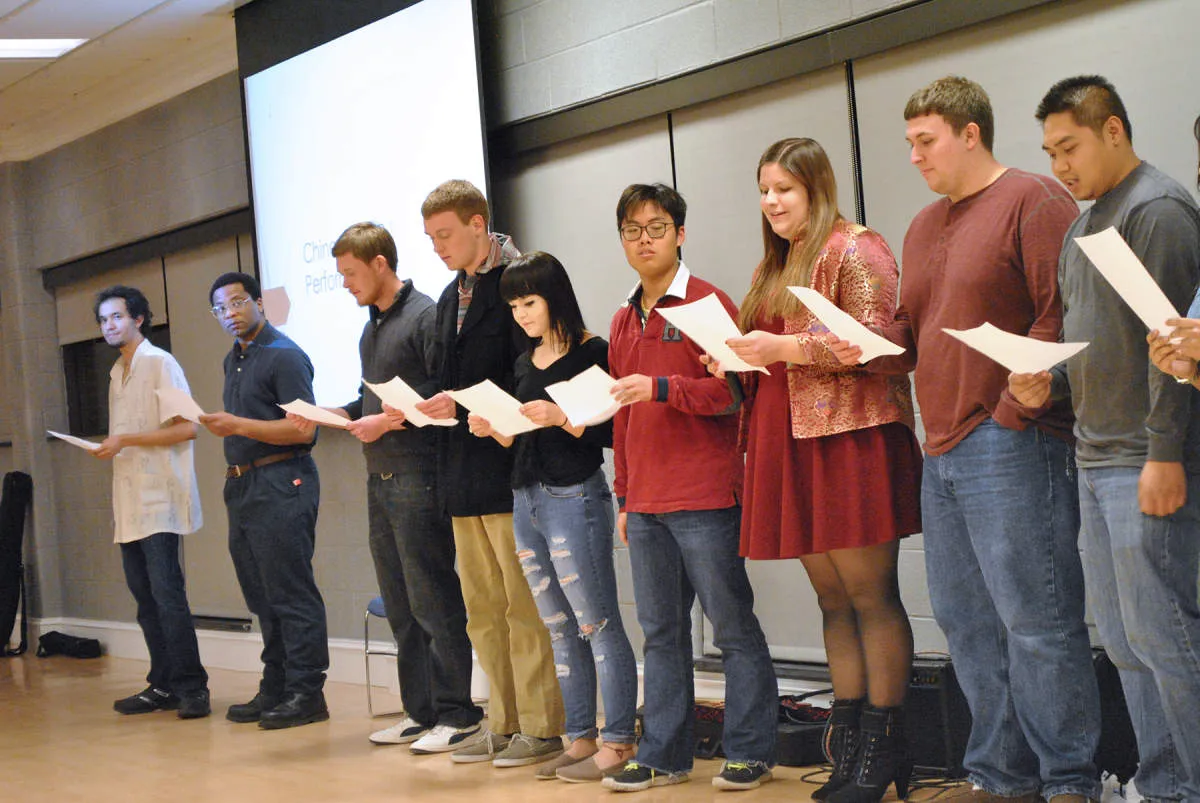Discovering the ins and outs of American classroom etiquette can be a valuable asset for international students. This article will delve into what to expect in an American classroom setting and provide insights on how to adapt to the unique norms, communication styles, and participation expectations.
Adapting to American Classroom Etiquette: What to Expect
Heading into an American university can be an exciting but also challenging experience, especially when it comes to the dynamics of the classroom. Understanding and adapting to the American classroom etiquette is essential for a successful academic journey. Here are some key aspects to keep in mind:
Active Participation
American classrooms emphasize active participation, encouraging students to engage in discussions, ask questions, and share their opinions. It is important to actively contribute to class discussions to demonstrate your understanding of the subject matter and show your commitment to learning.
Respect for Diversity
American universities promote diversity, both in terms of cultural background and academic perspectives. It is crucial to respect and appreciate the various viewpoints presented by classmates and professors. Embrace the opportunity to learn from different perspectives and engage in respectful conversations.
Punctuality
Punctuality is highly valued in American classrooms. Make sure to arrive on time for classes and avoid disruptions. Plan your schedule accordingly to allow for enough time to commute and be prepared to start the class promptly.
Active Listening
Listening attentively to your professors and classmates is essential for understanding the course material. Engage in active listening by taking notes, asking for clarification when needed, and showing genuine interest in the discussions.
Classroom Behavior
Classroom behavior in American universities is typically formal and respectful. Avoid distractions such as talking or using electronic devices unrelated to the class. Follow the guidelines set by your professors regarding class etiquette and any specific rules for individual courses.
By familiarizing yourself with the dynamics of American classrooms, you will be better equipped to adapt to the academic environment. Remember, embracing these practices will not only enhance your learning experience but also contribute to building meaningful connections with your peers and professors.
Cultural Etiquette in American Classrooms

In American classrooms, adapting to the cultural etiquette is essential for a smooth and successful learning experience. Understanding and respecting the following norms will help international students integrate into the American education system.
Acknowledging the Teacher
In American classrooms, students typically address their teachers by their last name, followed by the title “Mr.” or “Ms.” It is considered polite to raise your hand and wait to be called upon before speaking or asking a question.
Punctuality
American classes adhere to strict schedules, and punctuality is highly valued. Arriving to class on time shows respect for the teacher and fellow students. It is important to plan ahead and factor in travel time to ensure timely arrival.
Active Participation
Active classroom participation is encouraged in American classrooms. Students are expected to contribute their thoughts, ask questions, and engage in class discussions. This active involvement not only benefits individual learning but also creates a dynamic and enriching academic environment.
Respecting Diversity
American classrooms are diverse, comprising students from various cultural backgrounds. Respect for diversity is crucial, as it promotes tolerance and understanding. Avoid making assumptions or stereotyping others based on their appearance or beliefs.
Academic Honesty
American schools place high importance on academic integrity. Plagiarism, cheating, and other forms of dishonesty are strictly prohibited. Make sure to properly cite all sources used in assignments and respect the intellectual property of others.
Tips for Active Participation and Classroom Engagement
In order to adapt to American classroom etiquette, it is important to understand the expectations regarding active participation and classroom engagement. Here are some tips to help you navigate the American classroom:
1. Come prepared
Make sure you come to class prepared with all the necessary materials. This includes textbooks, notebooks, and any assigned readings. Being prepared will enable you to actively participate in class discussions and activities.
2. Ask questions
Don’t hesitate to ask questions if you don’t understand something. American classrooms encourage students to seek clarification, engage in deeper discussions, and challenge ideas. Remember, asking questions shows your interest and helps create a more interactive learning environment.
3. Participate in discussions
Engage actively in classroom discussions by expressing your opinions, sharing insights, and offering examples that support your ideas. American classrooms value diverse perspectives and active participation, so don’t be shy to contribute to the conversation.
4. Respect others’ opinions
While it is important to express your own opinions, it is equally important to respect the opinions of others. Listen actively and be open to different viewpoints. Engage in constructive and respectful debates, fostering an environment of intellectual growth.
5. Collaborate with classmates
American classrooms often emphasize group work and collaboration. Take the opportunity to work with your classmates on projects and assignments. This not only enhances your understanding of the subject matter but also helps build important interpersonal skills.
6. Actively participate in extracurricular activities
American schools offer a wide range of extracurricular activities such as clubs, sports, and organizations. Get involved in these activities to further enhance your engagement with the school community and develop valuable leadership and teamwork skills.
7. Stay organized and manage your time
To fully engage in the American classroom, it is crucial to stay organized and manage your time effectively. Create a schedule, prioritize your tasks, and meet deadlines. Being organized will enable you to actively participate without feeling overwhelmed.
By following these tips, you can adapt to the American classroom etiquette and actively participate in classroom discussions, engage with your peers and instructors, and make the most of your learning experience.
Conclusion
Adapting to American classroom etiquette is essential for international students to thrive in an academic setting. From respecting professors and classmates to actively participating in discussions, understanding the American classroom culture will help students succeed academically and make the most of their educational experience.
